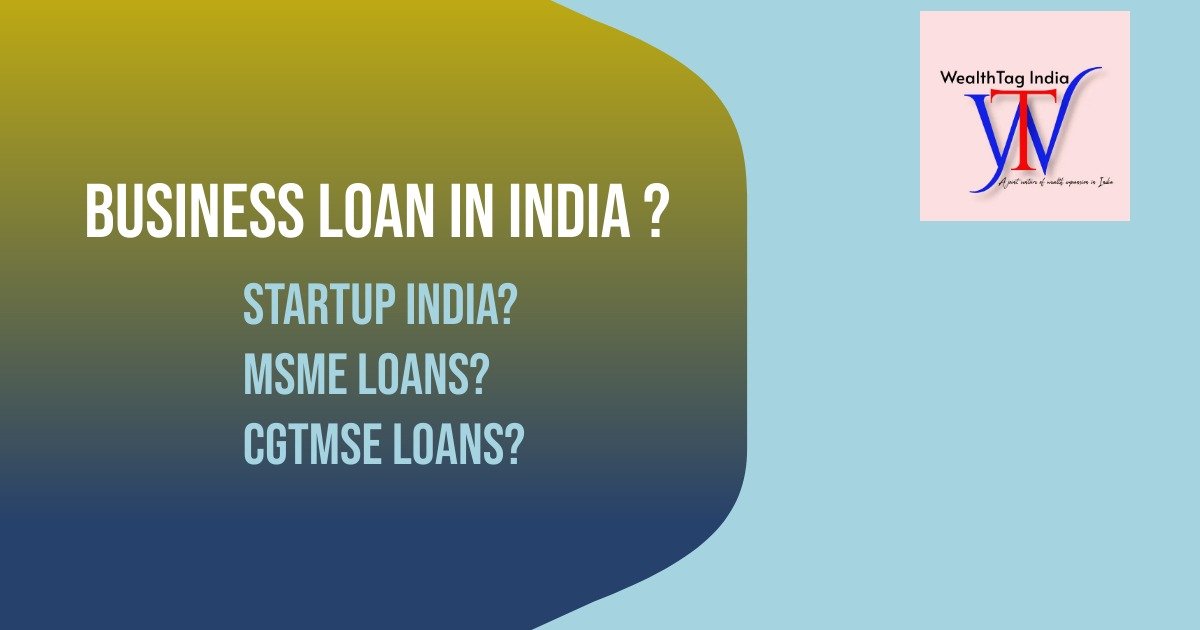Introduction:
In the ever-evolving landscape of
finance, understanding the diverse array of loans and funding options available
is crucial for individuals and businesses alike. This article provides a
comprehensive guide to different types of loans, including secured and
unsecured loans, private and private equity (PE) funding, instant funding,
angel investments, and overdrafts (OD).
Secured Loans:
A secured loan is a type of loan that is backed by collateral, which serves as security for the lender in case the borrower defaults on the repayment. The collateral could be an asset such as a property, vehicle, or any valuable possession.
Here are some common types
of secured loans:
- Mortgage Loans: These loans are secured by
real estate properties. Borrowers use mortgage loans to purchase homes,
and the property itself serves as collateral. If the borrower fails to
repay, the lender can take ownership of the property through the
foreclosure process.
- Auto Loans: Auto loans are secured by the
vehicle being financed. Similar to mortgage loans, if the borrower fails
to make payments, the lender has the right to repossess the vehicle.
- Secured Personal Loans: Some personal loans
are secured by assets such as savings accounts, certificates of deposit
(CDs), or other valuable possessions. The collateral helps reduce the risk
for the lender, resulting in potentially lower interest rates for the
borrower.
Unsecured Loans:
Unlike secured loans, unsecured
loans do not require collateral. These loans are granted based on the
borrower's creditworthiness and promise to repay. Here are some common types of
unsecured loans:
- Personal Loans: Personal loans are versatile
and can be used for various purposes, such as debt consolidation, medical
expenses, or home improvement. The approval is primarily based on the
borrower's credit score and financial stability.
- Credit Cards: Credit cards are a form of
unsecured revolving credit. The cardholder has a credit limit, and they
can borrow and repay as needed. Interest is charged on the outstanding
balance if not paid in full by the due date.
- Student Loans: These loans are designed to
help students cover the costs of education. They are unsecured and
typically offer lower interest rates than some other types of unsecured
loans.
Private funding refers to capital
provided by private individuals or non-institutional sources. It can take
various forms, including angel investments and venture capital. Private Equity
(PE) funding, on the other hand, involves investing in private companies in
exchange for equity ownership. Here's a breakdown:
- Angel Investment: Angel investors are affluent individuals who provide capital for a business startup in exchange for ownership equity or convertible debt. Angel investors often contribute not just funds but also their expertise and network to help the business grow.
- Venture Capital (VC): Venture capital is a
type of private equity funding provided to startups and small businesses
with high growth potential. VC firms invest in exchange for equity and
often play an active role in the company's management.
Instant Funding:
Instant funding refers to the
quick and efficient provision of funds to individuals or businesses. This type
of funding is facilitated through digital platforms and financial technology.
Some examples include:
- Payday Loans: These are short-term,
high-interest loans typically used by individuals who need immediate cash.
However, they come with higher interest rates and are often criticized for
their potential to trap borrowers in a cycle of debt.
- Peer-to-Peer (P2P) Lending: P2P lending
platforms connect borrowers directly with individual lenders, cutting out
traditional financial institutions. Borrowers can often access funds
quickly, while investors earn interest on their loans.
Angel Investment:
Angel investment is a form of
private funding where high-net-worth individuals, known as angel investors,
invest in early-stage businesses. These investors provide not only financial
support but also mentorship and valuable connections. Angel investments are
typically made in exchange for equity in the business.
Overdraft (OD):
Overdraft (OD) is a financial
facility offered by banks that allows account holders to withdraw more money
than is available in their account, up to a pre-approved limit. It is a form of
short-term borrowing, and interest is charged only on the amount overdrawn.
Overdrafts provide flexibility to account holders to manage their cash flow
effectively.
Conclusion:
Understanding the various types
of loans and funding options is essential for making informed financial
decisions. Secured loans, unsecured loans, private funding, PE funding, instant
funding, angel investments, and overdrafts each serve different purposes and
come with their own set of advantages and risks. Individuals and businesses
should carefully evaluate their financial needs and the terms associated with
each option to choose the most suitable avenue for their specific
circumstances.







